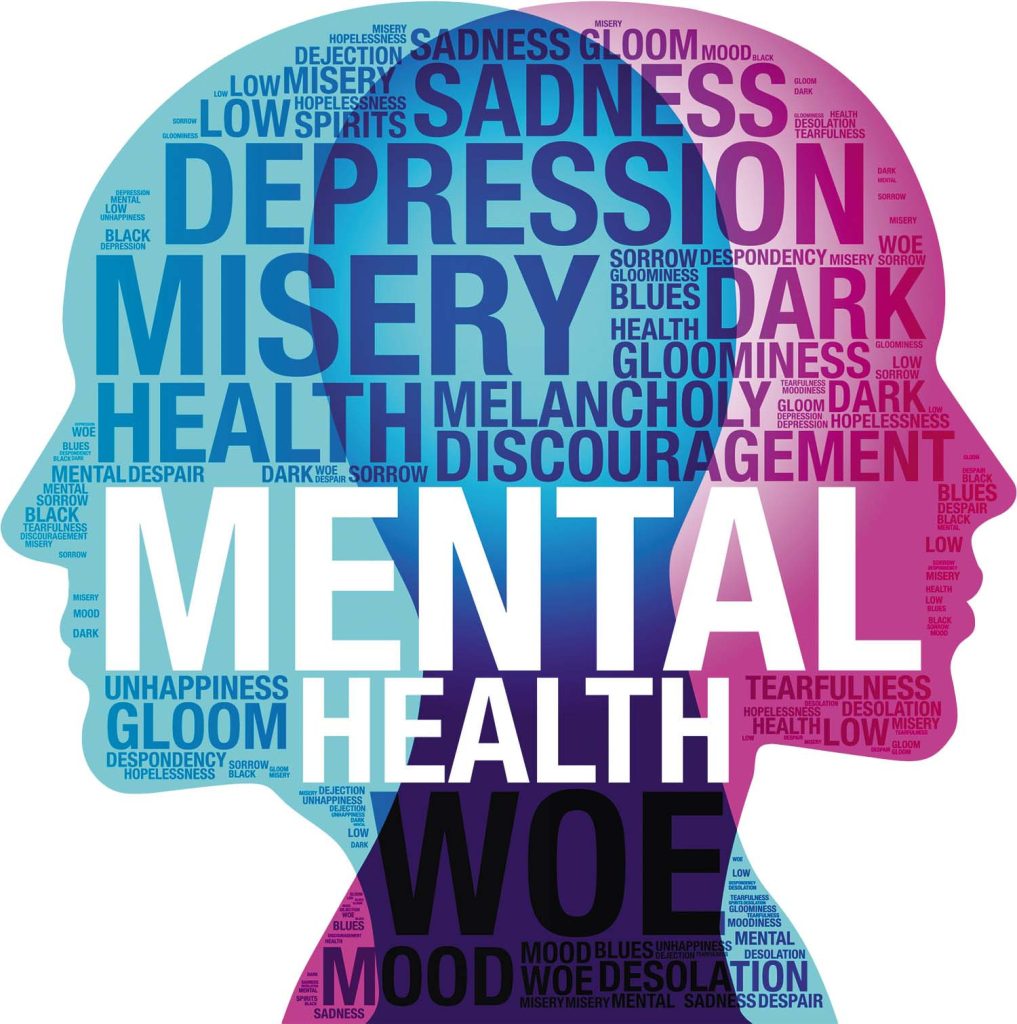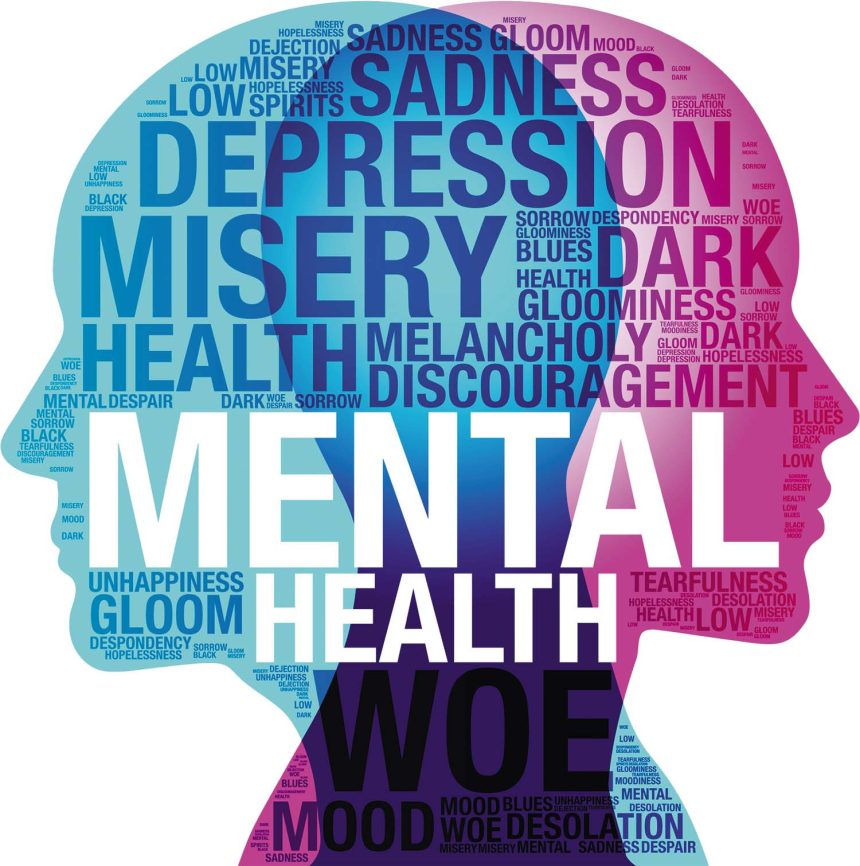Mental illness is a fundamental aspect of overall well-being, yet it is often misunderstood or overlooked. In today’s fast-paced world, where stress, anxiety, and depression are increasingly prevalent, it’s essential to gain a deeper understanding of what feelings and acts include and entail. In this comprehensive guide, we’ll explore the concept of mental health, its significance, and the various components that contribute to it.
Defining Mental Health:

Health can focus on the person’s emotions socially, and psychologically. It influences how individuals think, feel, and behave, as well as how they cope with stress, interact with others, and make decisions. Mental disorder is not merely the absence of mental illness but rather a state of overall psychological wellness.
Significance of Mental Health:
Biological factors are crucial for several reasons:
Quality of Life:
Good health enhances one’s overall quality of life, enabling individuals to enjoy fulfilling relationships, pursue meaningful activities, and cope with life’s challenges effectively.
Physical Health:
Mental illness is closely linked to physical health, with research indicating that poor biological factors can contribute to various physical ailments, such as heart disease, obesity, and immune system dysfunction.
Productivity and Functioning:
Individuals with good mental and physical health tend to be more productive, creative, and resilient, both in their personal and professional lives. Mental well-being fosters higher levels of concentration, problem-solving skills, and adaptability.
Social Connectedness:
Positive mental disorder promotes social connectedness and healthy relationships, fostering a sense of belonging and support within communities.
Components of Mental Health:
Several factors contribute to primary care, including:
Emotional Well-being:
Emotional well-being involves recognizing and managing one’s emotions effectively, developing resilience, and cultivating a positive outlook on life.
Psychological Resilience:
Psychological resilience refers to the ability to bounce back from adversity, cope with stress, and adapt to challenging situations without experiencing long-term negative effects on mental and physical health.
Social Support:
Social support from friends, family, and communities plays a vital role in promoting overall health, providing emotional validation, practical assistance, and a sense of belonging.
Self-Care Practices:
Engaging in self-care practices, such as exercise, proper nutrition, adequate sleep, and stress management techniques, is essential for maintaining optimal primary care.
Access to Resources:
Access to biological factors, services, resources, and support networks is crucial for individuals experiencing stress challenges, ensuring timely intervention, treatment, and ongoing care.
Common biological disorders :
While mental health encompasses a broad spectrum of well-being, several common mental health disorders require attention and treatment. Some of these disorders include:
Anxiety Disorders:
Anxiety disorders, such as generalized anxiety disorder (GAD), panic disorder, and social anxiety disorder, involve excessive worry, fear, or apprehension that can interfere with daily functioning.
Mood Disorders:
Mood disorders, including depression, bipolar disorder, and seasonal affective disorder (SAD), are characterized by disturbances in mood regulation, ranging from persistent sadness to episodes of mania or hypomania.
Psychotic Disorders:
Psychotic disorders, such as schizophrenia and schizoaffective disorder, involve disruptions in thought processes, perceptions, and behaviour, often accompanied by delusions, hallucinations, and impaired reality testing.
Eating Disorders:
Eating disorders, such as anorexia nervosa, bulimia nervosa, and binge-eating disorder, are characterized by unhealthy attitudes and behaviours related to food, weight, and body image.
Substance Use Disorders:
Substance use disorders involve the excessive use of alcohol, drugs, or other substances despite negative consequences on physical, mental, and social well-being.
Conclusion:
biological factor is a multifaceted aspect of well-being that encompasses emotional, psychological, and social dimensions. It is essential for overall quality of life, productivity, and social connectedness. By understanding the significance of feel and act various components that contribute to it, individuals can prioritize their mental well-being and seek support when needed. Remember, mental health matters, and taking proactive steps to maintain and improve it is a crucial aspect of self-care and holistic wellness.


